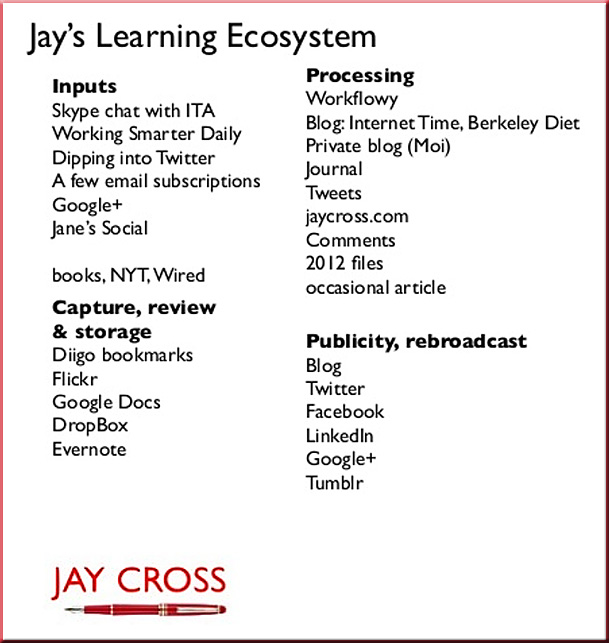3 demos available now from socraticarts.com — per Roger Schank (@rogerschank)
Excerpt from SEO module:
How is this course different than most university courses?
This course differs from a typical university course in many ways. It is based on a story-centered, learn-by-doing approach, rather than lectures and exams. The context in which you work is not a classroom but a job, with task assignments similar to those done by professionals in the real world. Unlike the real world, we are here to help you as you move through the scenario.
- Our support resources, which include books and links, have been carefully selected to be directly relevant to the tasks you need to accomplish. They are appropriate for beginners, and aligned with the current professional standards of best practice.
- Our mentors will give you detailed, informative critiques of your solutions, pointing out how your solutions can be dramatically improved.
The net result of the above is that if you successfully complete this course, you will achieve not just basic understanding of key concepts, but actual mastery of the skills needed in the real world.










